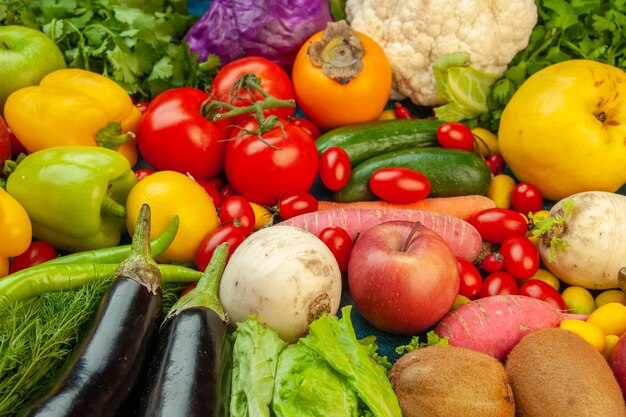
Caring for vegetables in the garden requires a lot understanding the vegetable you are growing and the region you're growing it.

The basics of a healthy vegetable garden is rich, fertile soil. In Uganda, soils can vary, so amending the soil with organic matter like compost or well-rotted manure is important. This not only enhances soil structure but also boosts fertility, providing essential nutrients for plant growth.
Opt for varieties suited to the climate, such as tomatoes, cabbages, onions, and various leafy greens. Planting should align with the growing seasons: the long rainy season from March to May and the shorter rainy season from September to November.
Constant moisture is important for vegetable growth, especially during dry periods. Drip irrigation or soaker hoses are more effective methods, delivering water directly to the roots while conserving it.
Mulching is also an essential practice, helping retain soil moisture, suppress weeds, and regulate soil temperature. Use organic mulches like straw, grass clippings, or shredded leaves for the best results.
Vegetables are nutrient-hungry plants. Regularly apply organic fertilizers such as compost or well-rotted manure to keep the soil fertile. A balanced nutrient supply is essential, focusing on nitrogen, phosphorus, and potassium.
Nitrogen promotes leafy growth, phosphorus supports root development and flowering, and potassium enhances overall plant health and resistance to disease.
Ugandan gardens are prone to various pests and diseases. Employ Integrated Pest Management (IPM) practices, combining cultural, biological, and mechanical methods.
Rotate crops annually to disrupt pest life cycles, and practice intercropping to reduce pest infestations. Natural pest control methods, such as neem oil, garlic spray, and introducing beneficial insects like ladybugs, can effectively manage pests without harming the environment.
Regular weeding is essential to keep the garden weed-free. Mulching also helps suppress weed growth. Manual weeding is effective, but be gentle to avoid disturbing vegetable roots.
Support structures like stakes, trellises, or cages are necessary for vining plants like tomatoes and cucumbers. Pruning is also important, as it removes diseased or dead leaves, improving air circulation and reducing the risk of fungal diseases. Regularly pinch off suckers from tomato plants to direct energy towards fruit production.
Timely harvesting is also important for maximizing flavor and nutritional value. Regularly harvest vegetables when they are ripe to encourage continuous production. Overripe vegetables left on the plant can reduce the plant’s overall productivity.
During the rainy season, ensure proper drainage to prevent waterlogging, which can lead to root rot. In the dry season, focus on consistent irrigation and mulching to retain soil moisture. Monitoring weather patterns and adjusting care practices accordingly can significantly impact the success of your vegetable garden.
Caring for vegetables involves a suitable approach, combining proper soil preparation, consistent watering, regular fertilization, effective pest management, diligent weeding, and timely harvesting.
By following these practices, you can ensure a healthy, productive garden that provides fresh, nutritious vegetables year-round. With attention to detail and a bit of effort, your vegetable garden can flourish, contributing to food security and sustainable living.

















